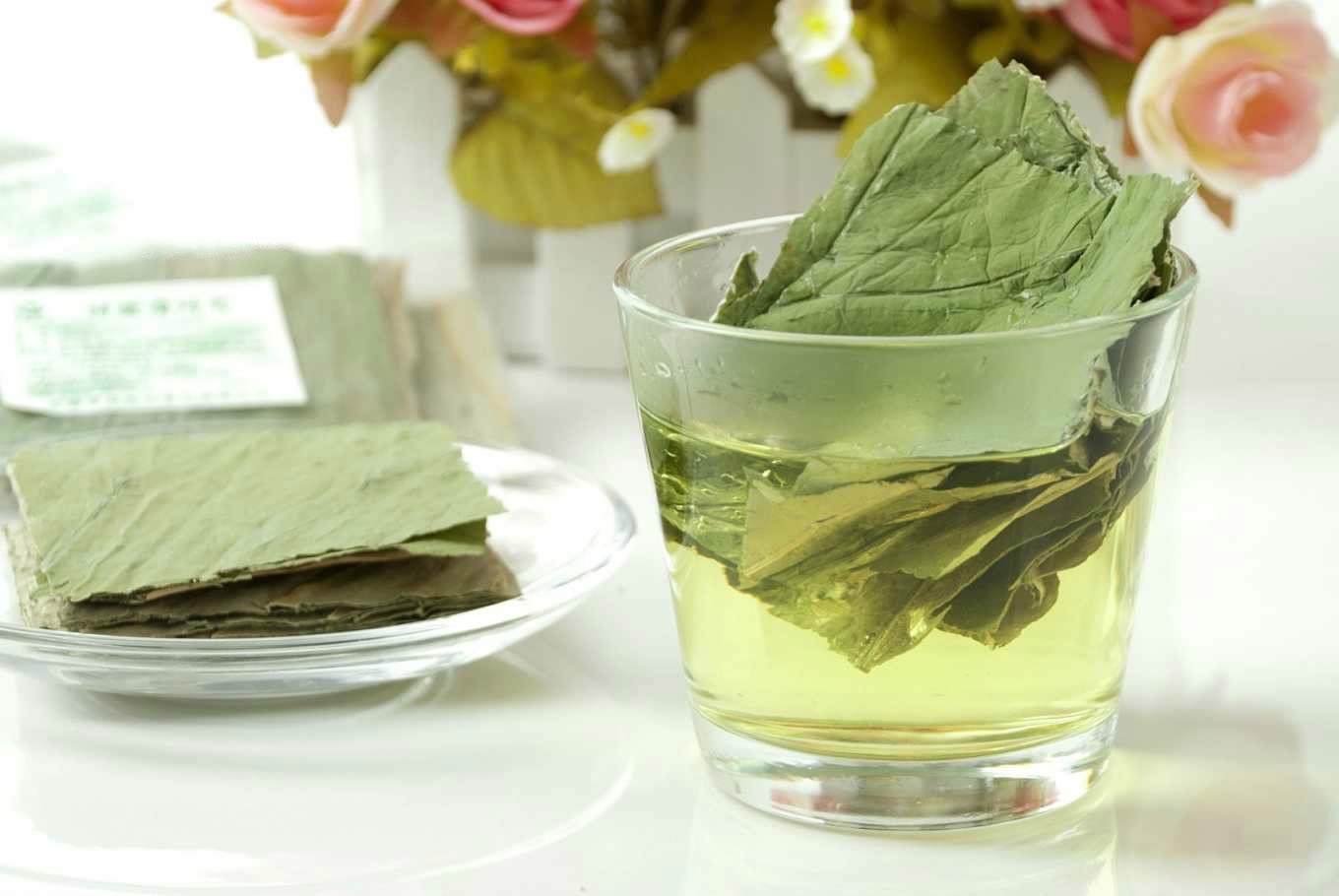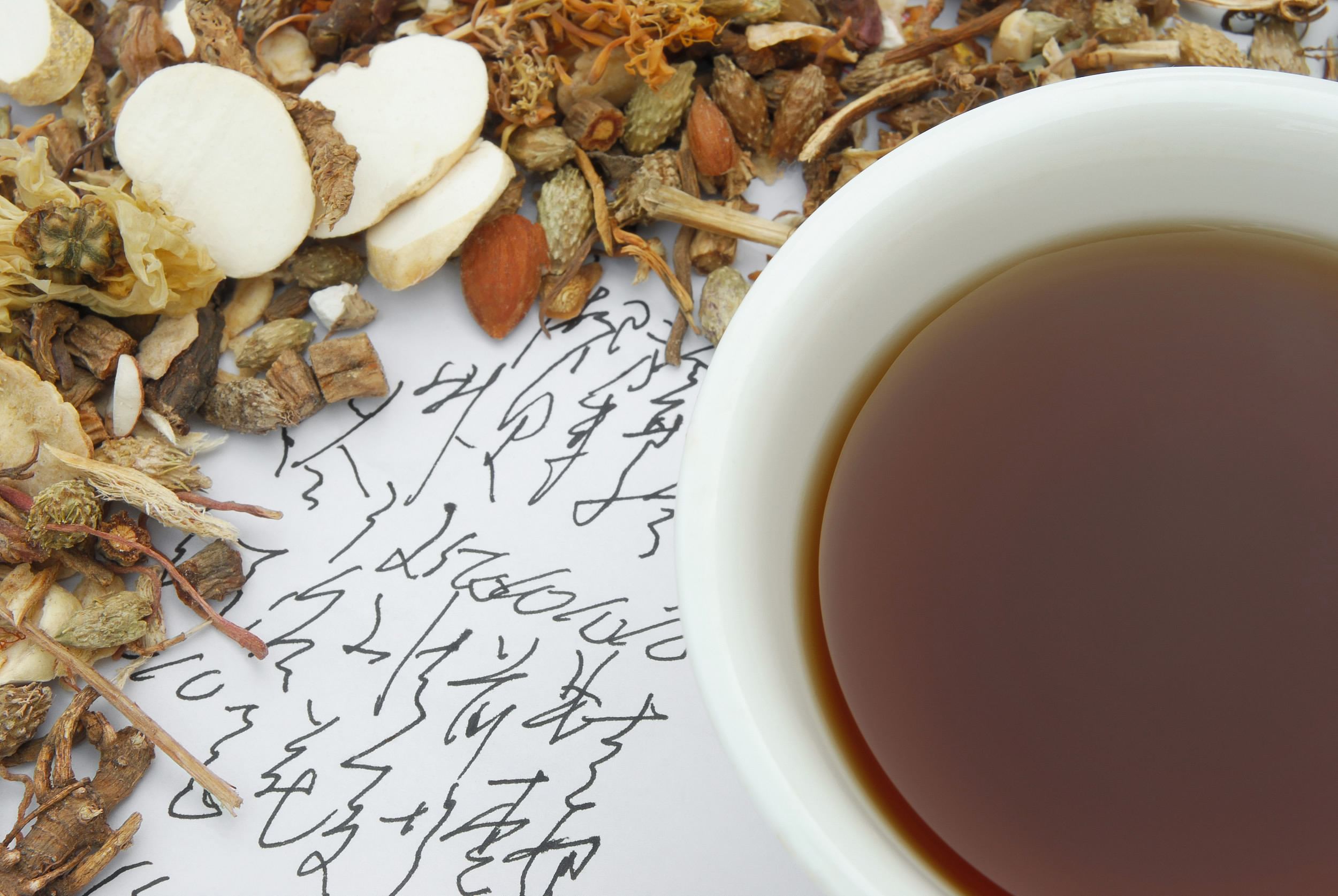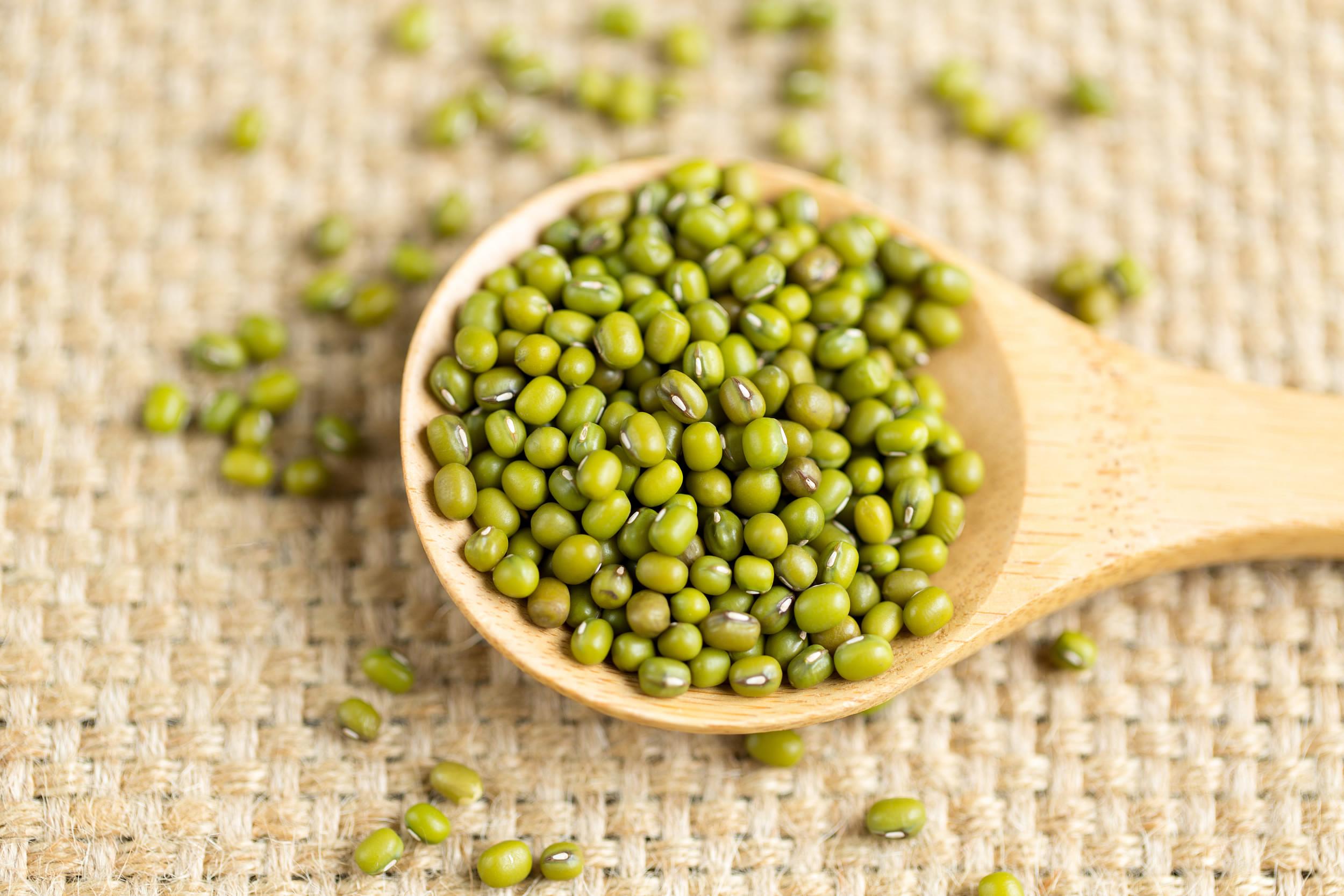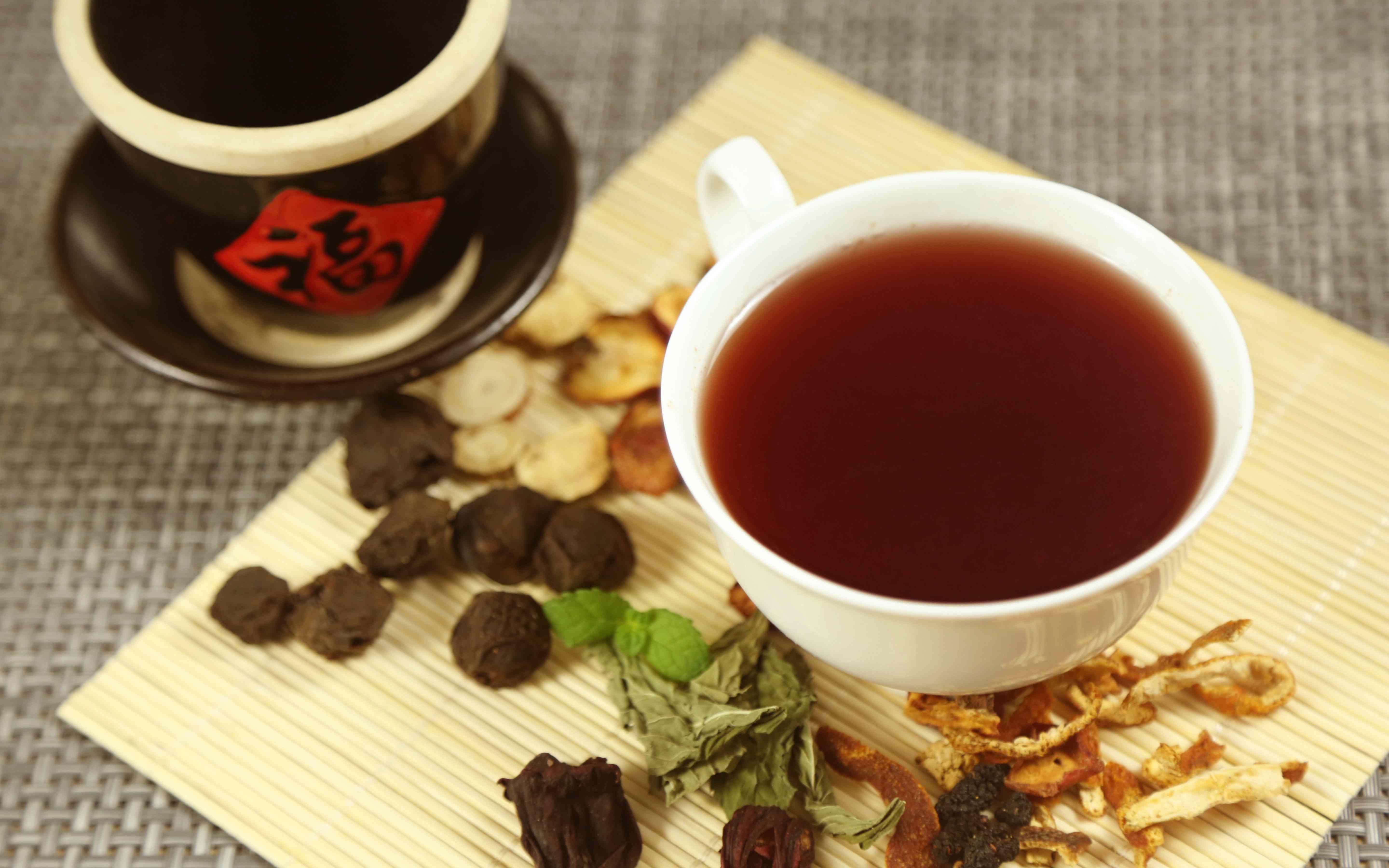As the temperature curve has been fluctuating around 35 degrees Celsius in some parts of China, Chinese people have taken out their recipes to keep themselves away from the heatwave and, at the same time, they do not forget their regimen.
In the traditional Chinese medicine (TCM), it is believed that the external environment can have a strong influence on the body. In summer, people are vulnerable to absorb heat. Therefore, Chinese people have developed a series of recipes to cool there bodies.
Just as coffee is a daily essential to most people in the West, China is dominated by tea. Chinese people cannot decline a cup of hot tea on any occasion, even though it can be grossly hot on any burning summer day.
To disperse summer heat, the Chinese often choose different kinds of tea depending on their own tastes.

Chrysanthemum tea
CHRYSANTHEMUM TEA
Chrysanthemum tea is considered as a natural coolant in China because chrysanthemum is defined as in cold nature by TCM and tastes sweet. The chrysanthemum tea can dissipate heat and aid in the prevention of a sore throat.
To make chrysanthemum tea, one needs dried chrysanthemum flowers and a cup of hot water at 90 to 95 degrees Celsius. Some rock sugar can be added to the tea to reduce the bitterness. A nice cuppa is transparent but takes on yellow in color with a floral aroma.
Depending on ones preference, Chinese people also add herbs in the tea, such as wolfberry.

Lotus leaf tea
LOTUS LEAF TEA
Lotus leaf tea has a lot of functions, including heat-dissipating, weight losing, high blood pressure alleviation and constipation treatment.
To make a cup of lotus leaf tea is a simple process. Just add slices of dry raw lotus leaves into in burning hot water. Dates or rock sugar are optional adds for sweet taste.
According to the TCM, lotus seeds and leaves have long been used to help maintain a normal body temperature and minimize mood swings.

Herbal tea
HERBAL TEA
Widely welcomed in south China, herbal tea is made from the extraction of herbs, spices, and fruits in hot water. Though it is casually called “tea”, it does not contain any tea leaves.
In Chinese, herbal tea is often called “Liang Cha” which literally means “cool tea”. People believe drinking a cup of herbal tea can help clean away internal heat when they feel overheated due to weather or illness. Herbal teas have a lot of variants, similar to the Five Flower Tea which is made from pagoda tree flowers, chrysanthemum, kapok, kudzu vine flowers and some other ingredients.
Herbal Tea was inscribed on the first state-level Intangible Cultural Heritage Inventory as traditional Chinese medicine and a speciality drink in southeast China, especially in Guangdong Province.

Mung beans
MUNG BEAN SOUP
In summer, Chinese families would like to make mung bean porridge because they believe mung beans are not only a kind of food with ample nutrients but an elixir to clear heat, detox the body and prevent from heatstroke in scorching summer.
According to Compendium of Materia Medica (Bencao Gangmu) by Chinese pharmacologist and herbalist Li Shizhen, mung beans’ temperament is thought of as cold and the mung means can help flush out heat and clear interior toxins.
The porridge is easy to make. Simply add raw mung beans in water and boil them in a pot until the beans get soft.

Sweet-sour plum juice
SWEET-SOUR PLUM JUICE
Sweet-sour plum juice, also known as Suanmeitang, is made from smoked plums, hawthorns, osmanthus fragrans, licorice roots and rock sugar. The juice has efficacy of clearing heat, improving appetites and anti-fatigue and often is drunk chilled in summer.
To make a bowl of sweet-sour plum juice start by boiling the smoked plums, hawthorms, osmanthus fragrans and licorice roots together in water around 30 minutes and then to add some rock sugar for another 10-minute boiling.
It is said that the current recipe for this drink was developed by Yushan Fang, the kitchen of the Forbidden City at the request of Qianlong Emperor of the Qing Dynasty in the 18th century.

Porridge garnished with job's tears
JOB'S TEARS
Job’s tears are believed to have the feature to removing internal dampness and clearing heat. Some people prefer to have job’s tears drinks during hot damp days in summer.
Job’s tears can be cooked into vary of dishes, such as soup, porridge and rice.
To make job tears soup, soak the grains in water for several hours, then boil them in a pot for one to two hours and finally distill the soup.
There are many other secret recipes developed by Chinese families who live in different parts of the country. Contribute your recipe to us by commenting via our WeChat account CGTNOfficial, Weibo @CGTNOfficial and Facebook @CGTN.

